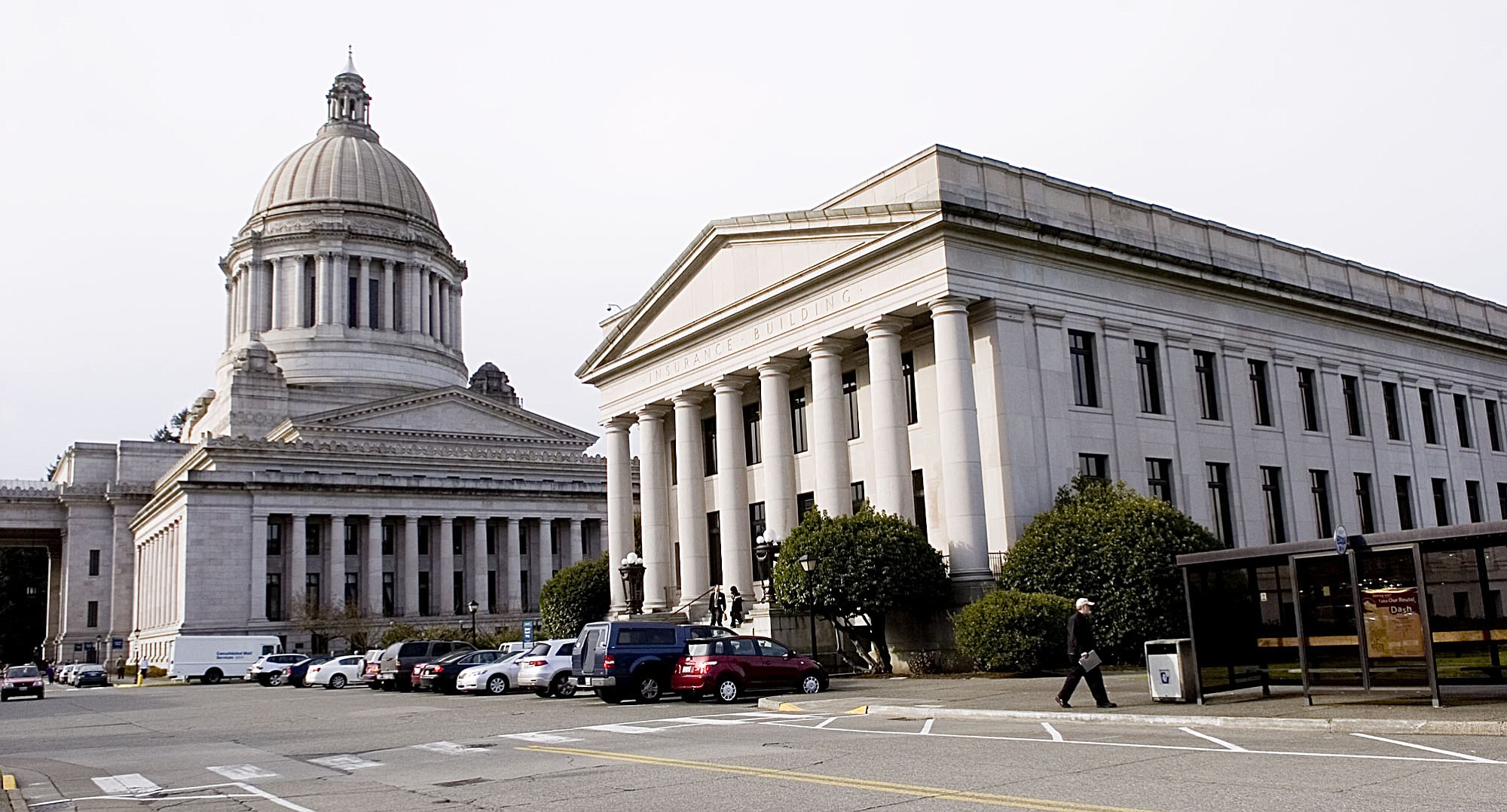OLYMPIA — A divided Washington Supreme Court ruled Thursday that a first-in-the nation initiative to raise the minimum wage to $15 an hour in the city of SeaTac should apply to thousands of workers at the airport.
In its 5-4 ruling, the majority upheld the entirety of Proposition 1, writing that there was no indication that the law would interfere with airport operations. SeaTac’s minimum wage was raised to $15 an hour in 2014 and increased again to $15.24 this January because it is tied to the consumer price index.
SeaTac was the first city in the nation to adopt a $15 minimum wage, but it applies only to transportation and hospitality workers. It was soon followed by a measure in Seattle that applies to all workers.
Seattle’s law, adopted last year, bumped the city’s minimum wage to $11 an hour beginning April 1, above Washington state’s highest-in-the-nation minimum of $9.47. Scheduled increases will bring the minimum to $15 within four years for large businesses and seven years for smaller ones. Los Angeles and San Francisco have also enacted $15 minimum wages, and other cities are considering following suit.
Residents of SeaTac, the small city of about 28,000 people that surrounds Seattle-Tacoma International Airport, voted in November 2013 to raise its minimum wage and give workers other protections, like paid sick leave. A month later, a King County Superior Court judge ruled that the law does not apply to the airport because it is controlled by the Port of Seattle, not the city of SeaTac. In that ruling, Judge Andrea Darvas said that while the new law did apply to hotel and parking lot workers in SeaTac, it didn’t extend to employees and contractors at the airport.
Proponents of the new law say that 1,300 people in the transportation and hospitality sectors off airport grounds receive the higher pay now, and that another 4,700 on airport grounds will benefit from Thursday’s ruling.
In a written statement, Heather Weiner, a spokeswoman for SeaTac Committee for Good Jobs, said that airport employees were celebrating “that they will finally get the fair pay and paid sick leave approved by the voters 20 months ago.”
Weiner said employees affected should also receive retroactive back pay because of the ruling, though she acknowledged that legal action might be required to seek it since the high court did not specifically address retroactivity.
The high court heard the case in June 2014. Businesses including Alaska Airlines, the Washington Restaurant Association, and the Port of Seattle argued that the airport is run according to state and federal law, not local ordinances. Labor groups that sponsored the initiative have said one of their aims was to improve working conditions at the airport.
Officials with the Port of Seattle put out a written statement saying that the decision was being reviewed, and it noted that Port of Seattle employees’ wages are higher than the initiative’s minimum rate. Alaska Airlines spokeswoman Bobbie Egan wrote in an email that the company was also reviewing the decision “as we determine the appropriate next steps.” Egan noted that Alaska Airlines voluntarily raised wages in April 2014 for more than 1,000 vendor employees at the airport.
Cecelia Cordova, an attorney representing concessionaire Filo Foods, said that there’s a concern about how the ruling could ultimately affect the employees the proposition sought to help. She said that for businesses that have a tight margin, the ruling could lead to cutting back employees’ hours.
“We have to make sure we abide by what Proposition 1 says, but also stay in business,” she said.
The majority opinion, written by Justice Susan Owens, said that the state statutes surrounding jurisdiction over the airport were ambiguous. The majority also cited an argument that state laws on minimum wage require that employees receive the most favorable rate, whether set by state, federal or local ordinances.
In a written statement, Attorney General Bob Ferguson said that Thursday’s ruling “helps protect the rights of workers at SeaTac Airport and recognizes the broad authority state and local governments have to support their hard-working residents.”
Justice Debra Stephens authored the dissent, which focused on the jurisdiction aspect, stating that the majority’s decision “offends the statute’s plain language” that Port of Seattle has exclusive jurisdiction of the airport.
Stephens notes a part of the statute that makes an exception for a municipality to enforce a fire code at the airport.
“If the city of SeaTac can unilaterally impose other measures at the airport, such as Proposition 1’s sweeping wage and employee right protections, what is the point of requiring the Port of Seattle’s consent to enforce a minimally intrusive fire code?” Stephens wrote.



